News from Population Matters.
-

Worst Black Friday Deals for The Planet
It’s Black Friday – when prices are slashed and hyper-consumerism goes into overdrive. But while other lists detail the best Black Friday deals on offer, here we examine the biggest environmental costs to the planet.
-

Right to Repair: A Path Towards Circular Economics
Today is International Repair Day, an annual event to celebrate those who help consumers repair their products, reducing their impact upon the planet. The right to repair movement is a crucial part of the transition to a circular economy.
-
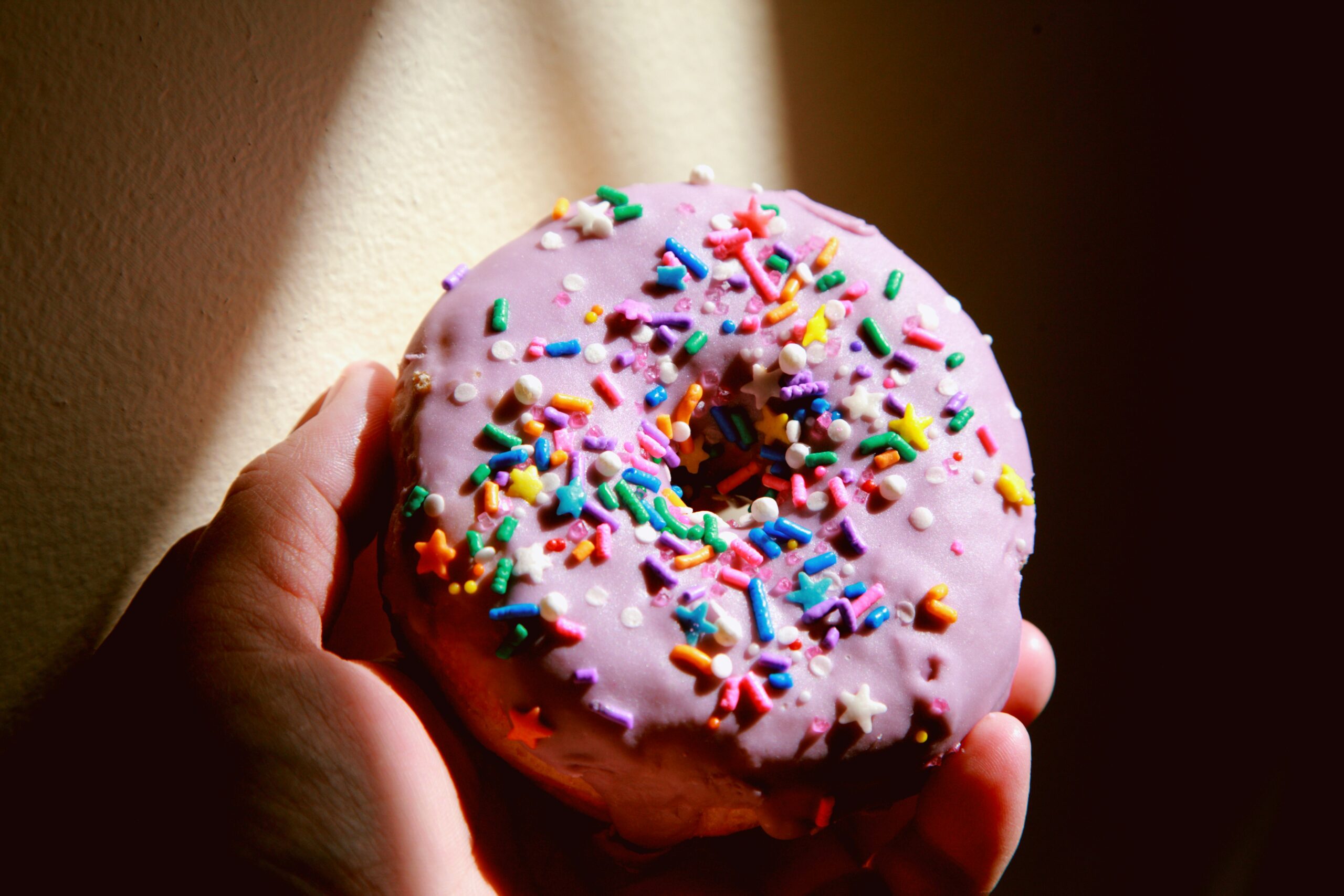
Doughnut Economics: Bold Blueprint for a Sustainable Future – Part Two
As part of our series exploring alternative economic models, this is the second edition looking at Kate Raworth’s Doughnut Economics. This framework seeks a thriving economy with equality and a minimum standard of living for all, while not taking more from the planet than it can afford to give.
-
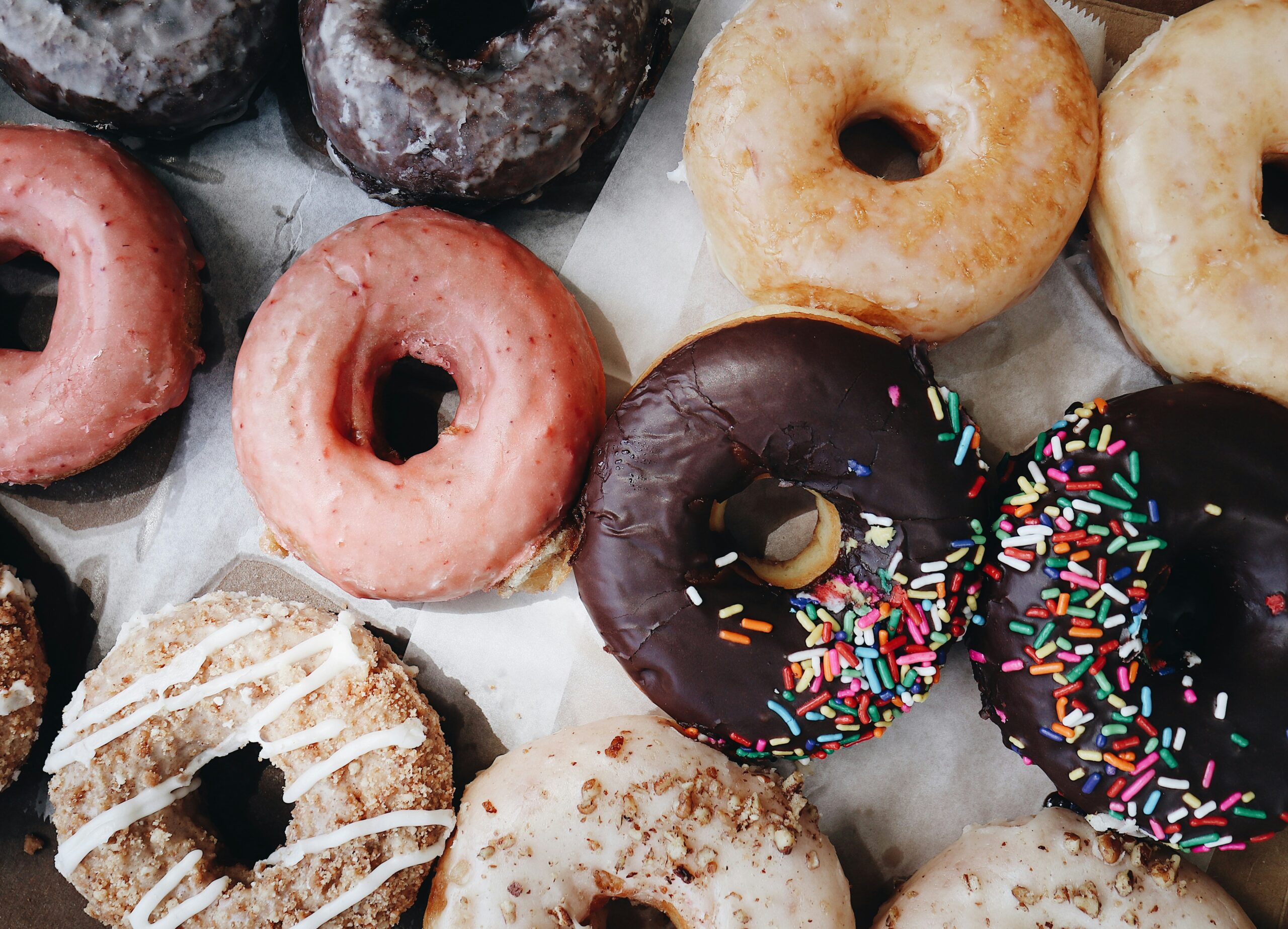
Doughnut Economics: Bold Blueprint for a Sustainable Future – Part One
As part of our series exploring alternative economic models, today we look at Doughnut Economics. Through integrating the need for social equity within planetary boundaries, this framework champions a thriving but sustainable economy that respects both human and environmental limits.
-
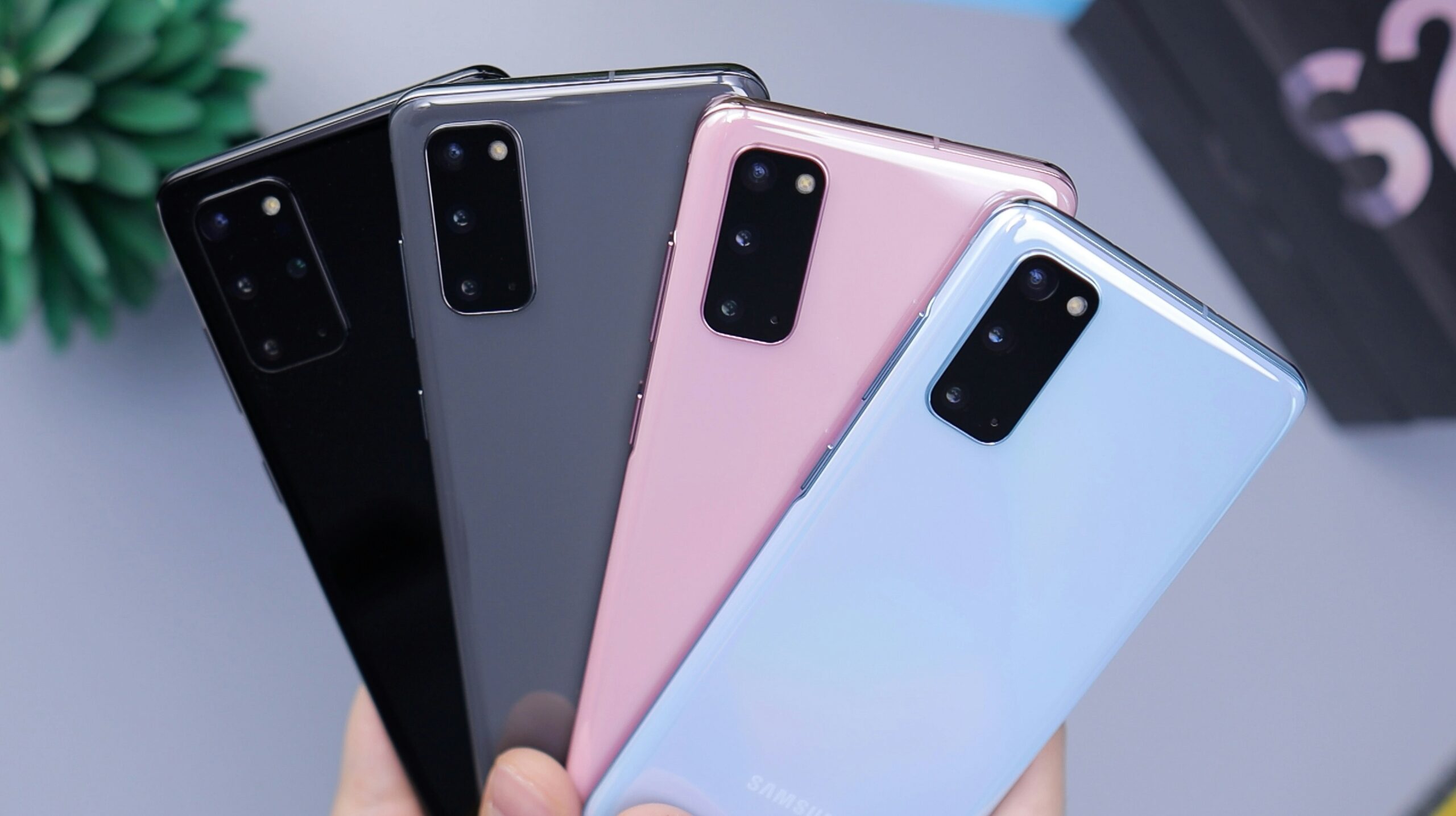
From lightbulbs to smartphones: the practice of Planned Obsolescence
Planned obsolescence is a strategy where companies intentionally create products with a limited lifespan. It’s a practice that’s intended to maximise corporate profits at the expense of consumers and at great cost to the natural world.
-

Black Friday: Waste or Want?
For Black Friday many stores slash prices leading to one of the busiest shopping days of the year. But what about the environmental impact?
-
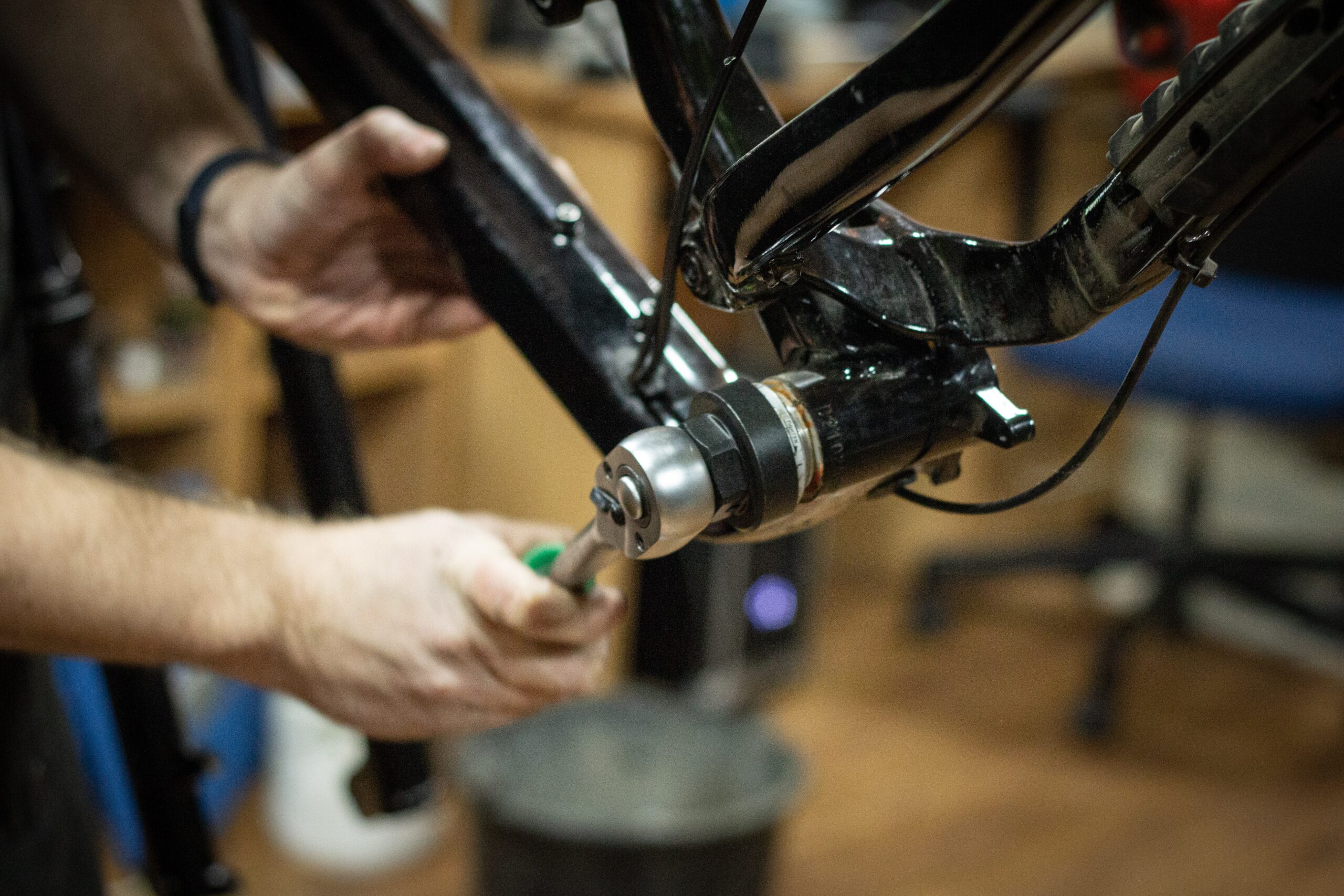
Don’t bin it: Repair and reuse!
Today is International Repair Day, a day to think beyond the consumerism of the modern world and focus on getting more from what we already own.
-
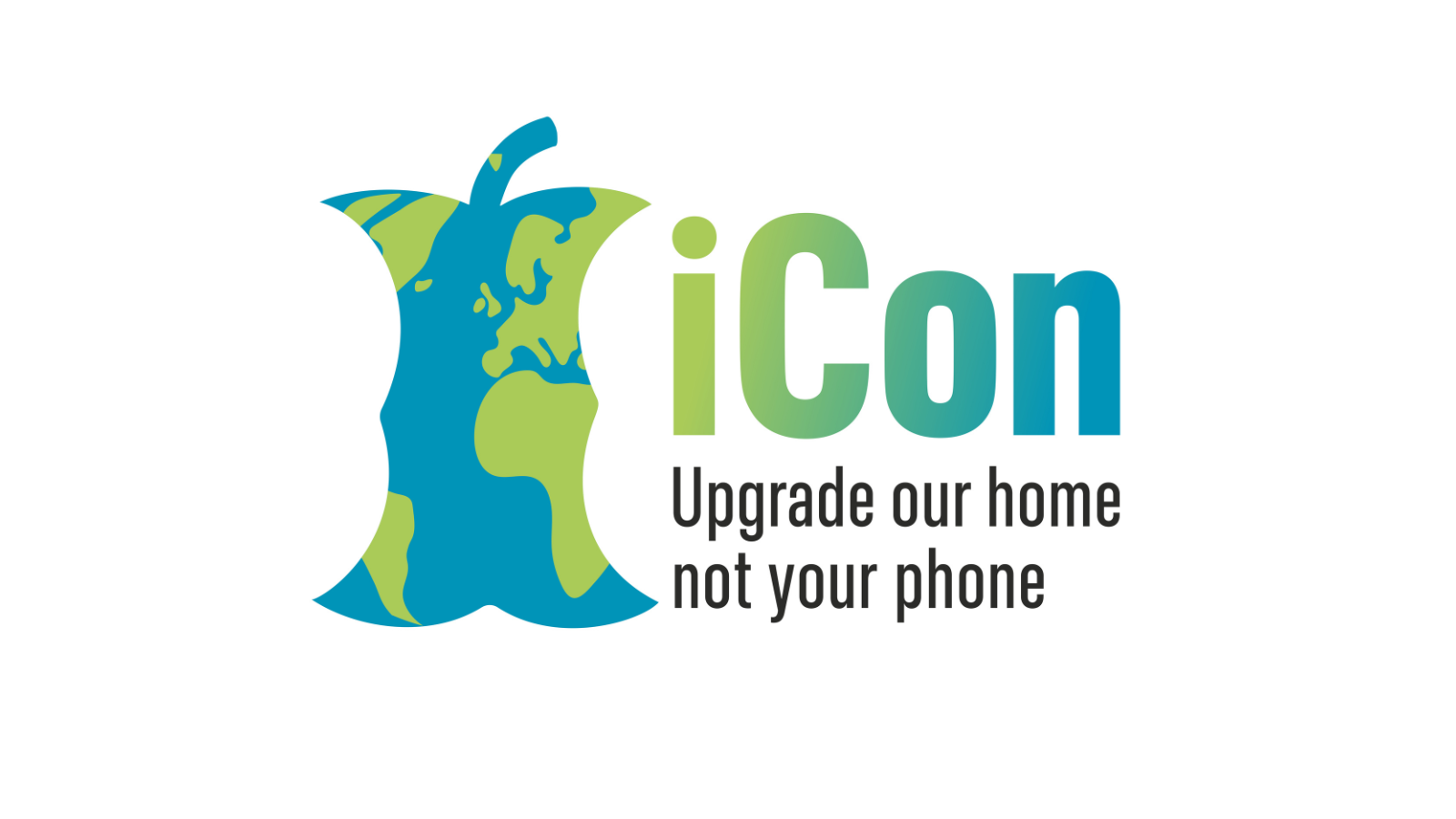
The real cost of an iPhone
Population Matters’ new report examines how consumption is killing our planet, and how Apple, and all of us, can help to save it.
-

Greenwashing: what is it and why does it matter?
Greenwashing. You’ve almost certainly heard of it, but what exactly does it mean and what is being done about it? We look at the practice and why we should be vigilant against corporate claims to be “green”.
-

Could you go flight free for one year?
There’s no doubt that we’ll only address our environmental challenges by doing things less, and few things will raise your emissions so much as taking a flight.

